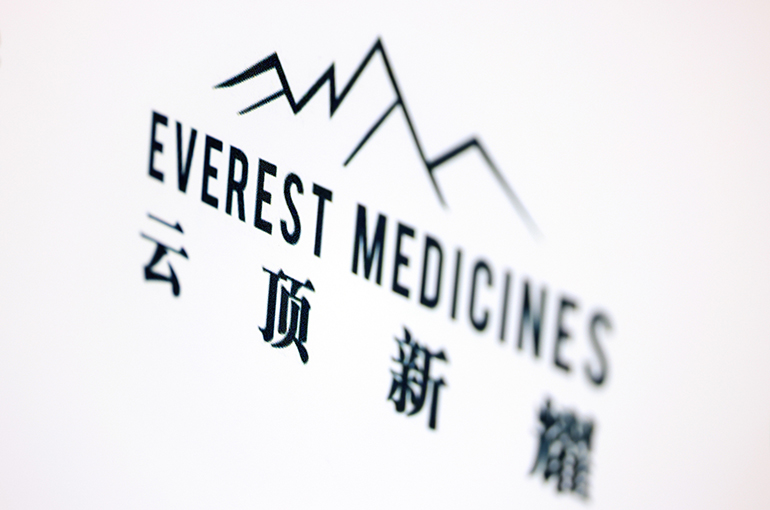 China's Everest Medicines Unveils Positive Preclinical Validations of In Vivo CAR-T Program
China's Everest Medicines Unveils Positive Preclinical Validations of In Vivo CAR-T Program(Yicai) July 11 -- Chinese biopharmaceutical firm Everest Medicines said its in vivo chimeric antigen receptor-T program, enabled by using a proprietary targeted Lipid Nanoparticle system that can be used to treat cancer and autoimmune diseases, has achieved positive results in preclinical validations.
The therapy has demonstrated effective tumor cell clearance in humanized mouse models, Shanghai-based Everest Medicines announced on June 27. In non-human primate models, it has also validated efficient T-cell transfection, CAR expression, and B-cell depletion.
Traditional CAR-T cell therapies modify T cells through genetic engineering outside the body before infusing the modified cells back into patients, a revolutionary treatment for hematologic malignancies. However, the high cost of over CNY1 million (USD139,367) limits their widespread adoption.
In vivo CAR-T therapy offers multiple advantages over traditional CAR-T treatments, potentially overcoming many challenges, Luo Yongqing, chief executive of Everest Medicines, told Yicai. It is an off-the-shelf product suitable for large-scale production, eliminates the need for lymphodepleting chemotherapy before CAR-T therapy, and features predictable pharmacodynamics with adjustable dosing while ensuring better overall quality control, Luo pointed out.
Shares of Everest Medicines [HKG: 1952] ended 0.2 percent higher at HKD67.50 (USD8.60) each in Hong Kong today. The stock has continued climbing after closing at HKD57.20 on June 27.
The core challenge for the sector lies in delivering CAR-T constructs precisely, efficiently, and safely to target T cells. In vivo CAR-T technology has extremely high barriers, with only a few developers worldwide, Yicai found.
US pharmaceutical giant AbbVie announced a USD2.1 billion acquisition of Capstan Therapeutics, an in vivo CAR-T therapy developer, to expand its product line for therapies targeting autoimmune diseases. It was the largest cell therapy deal so far this year.
In March, AstraZeneca acquired EsoBiotec for USD1 billion, with the UK-Swedish company betting on lentiviral vector-based in vivo CAR-T therapy. ESO-T01, the most advanced project of EsoBiotec, is an in vivo B-cell maturation antigen CAR-T therapy that dosed its first patient earlier this year in an investigator-initiated clinical trial.
Editor: Martin Kadiev